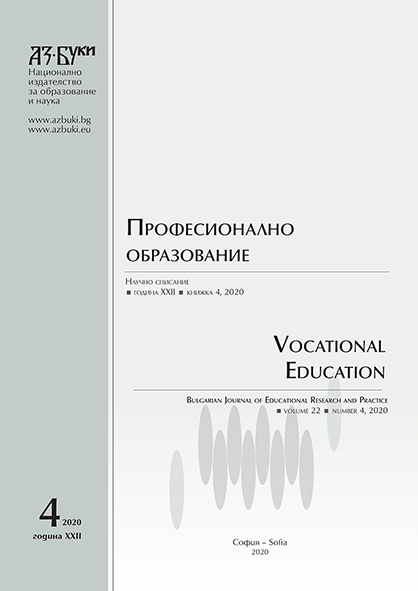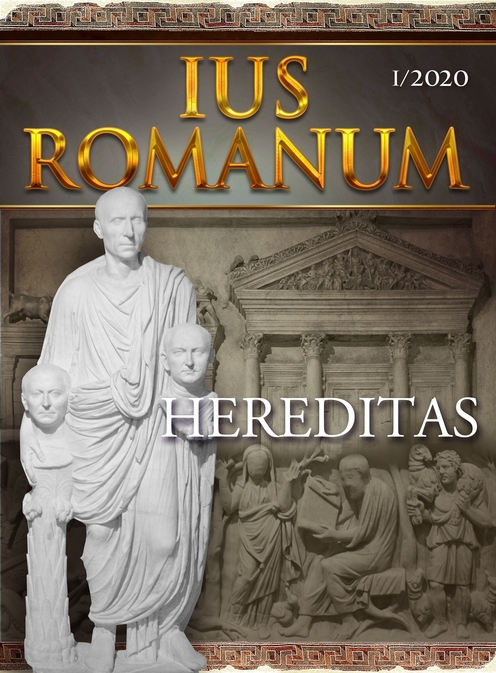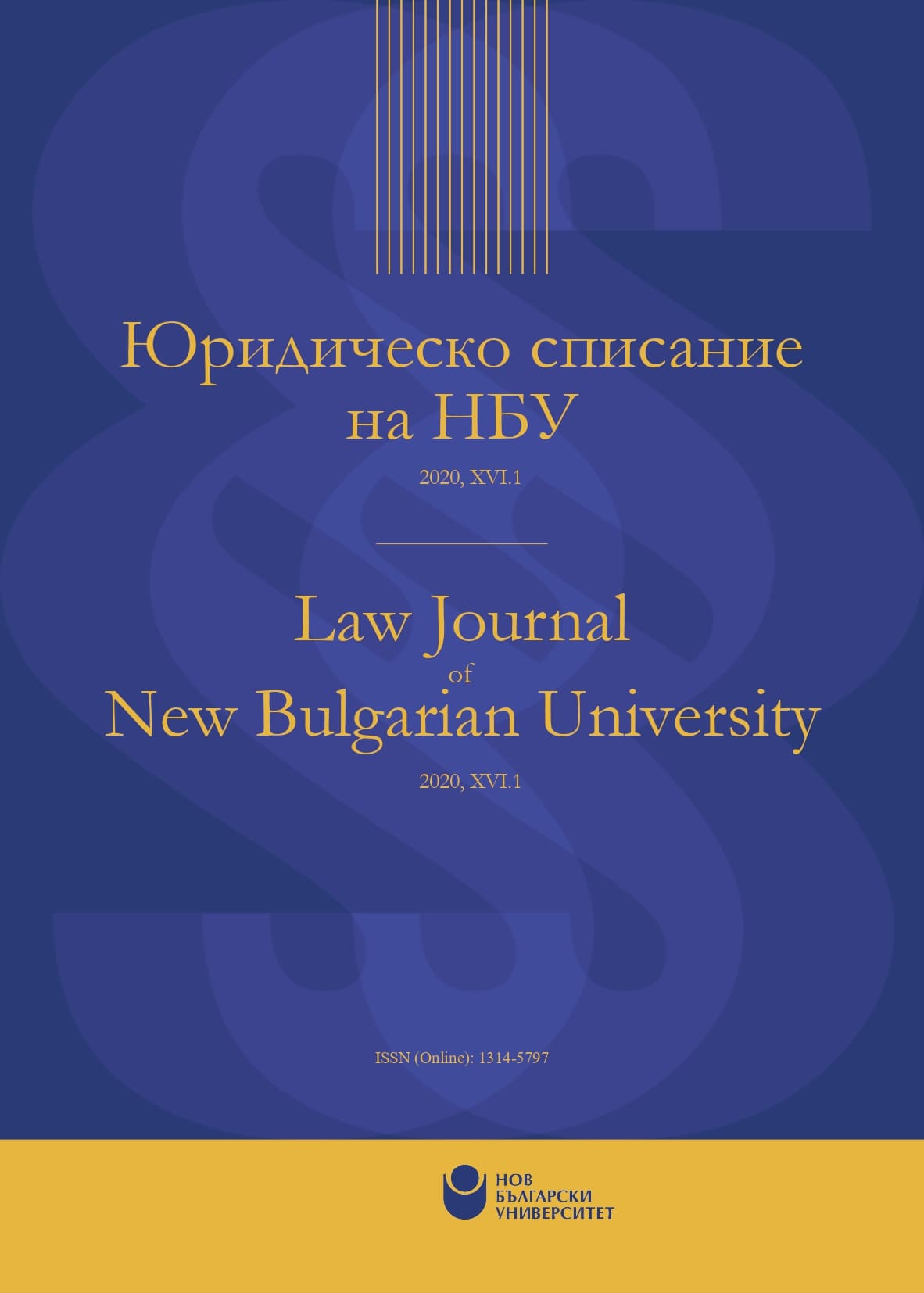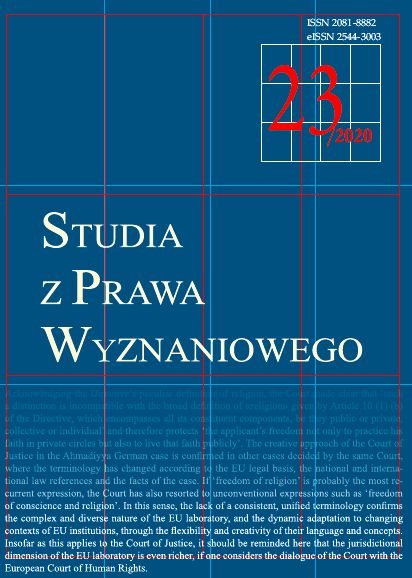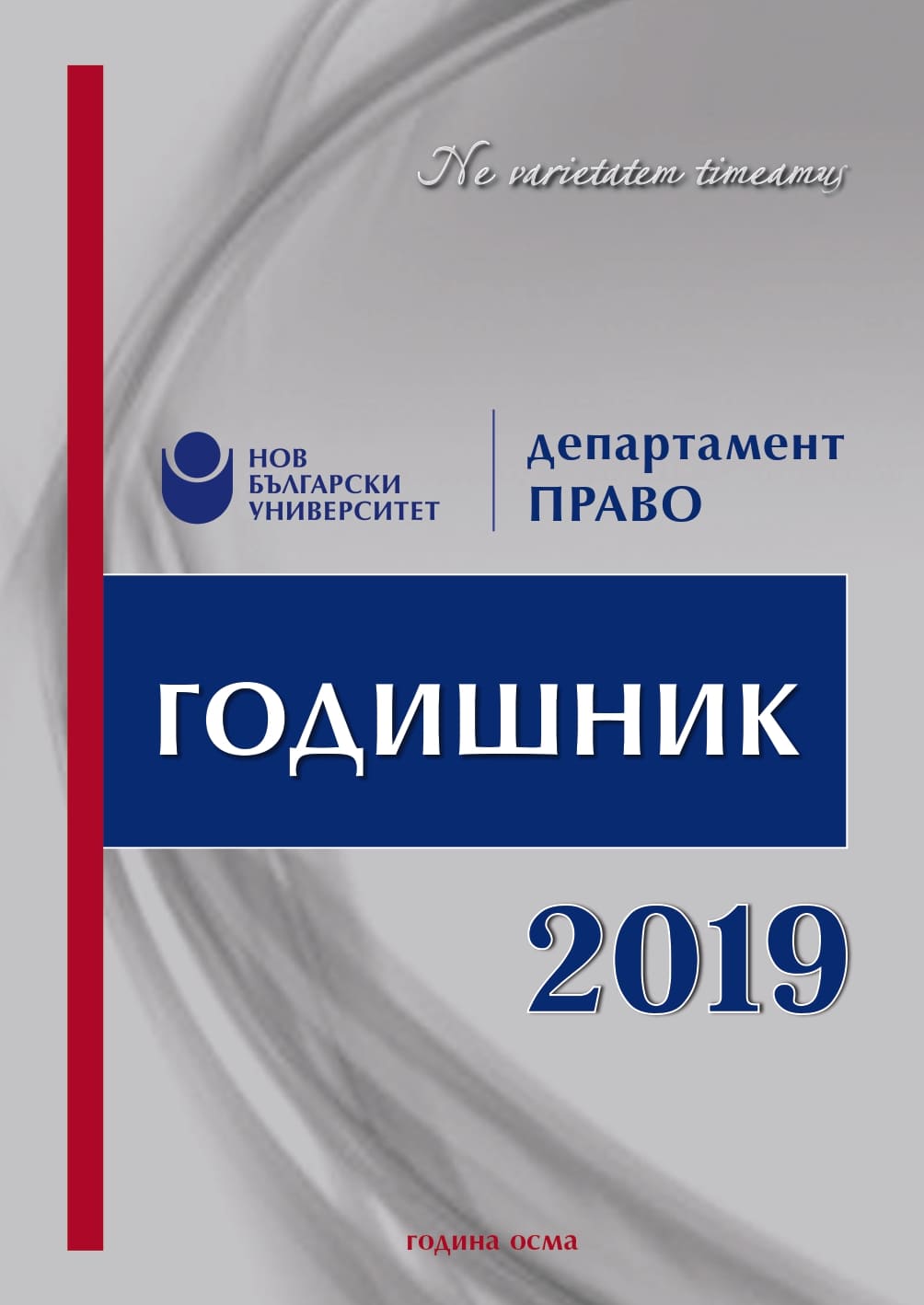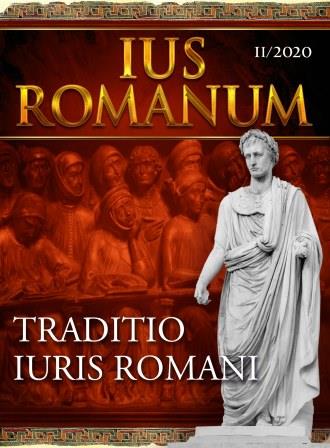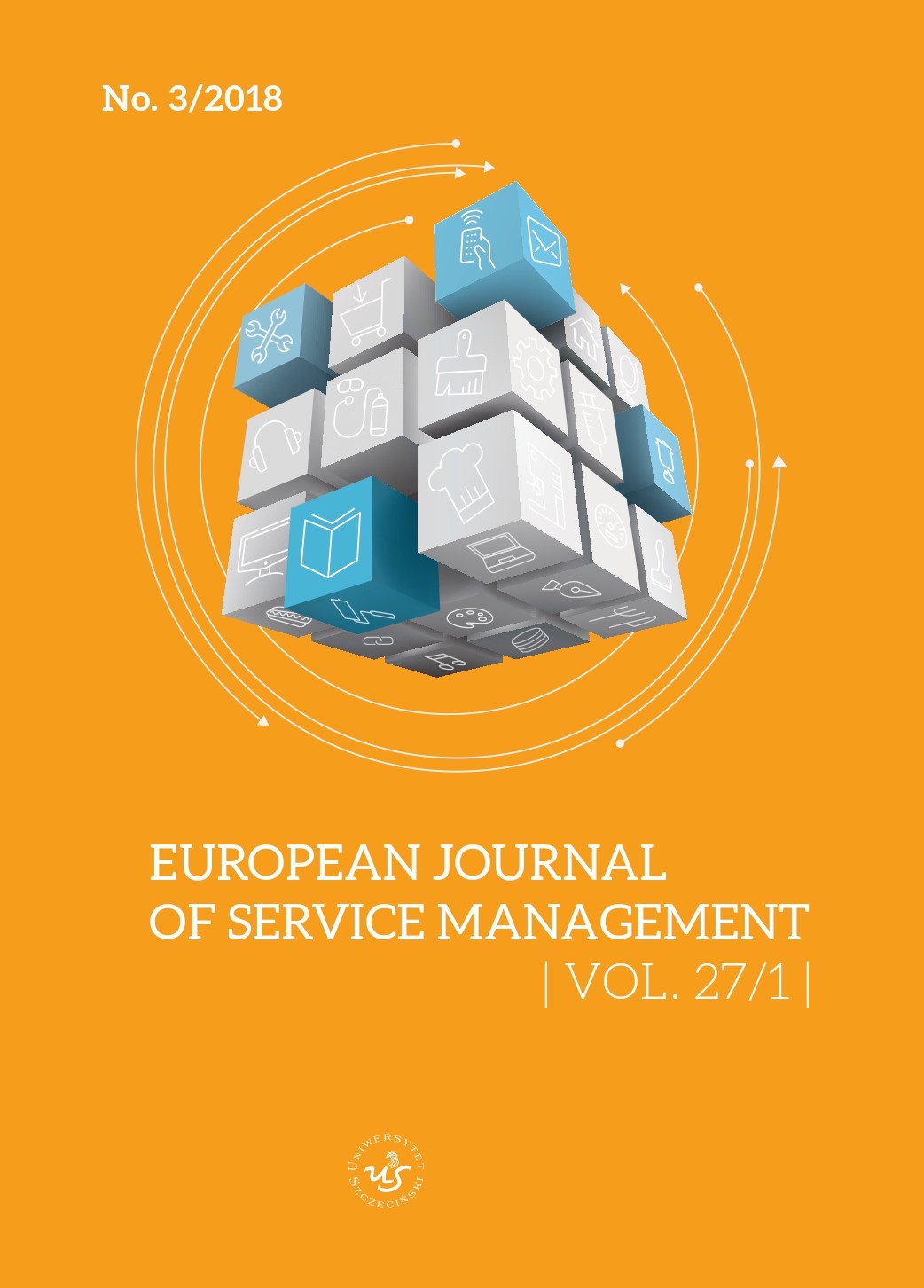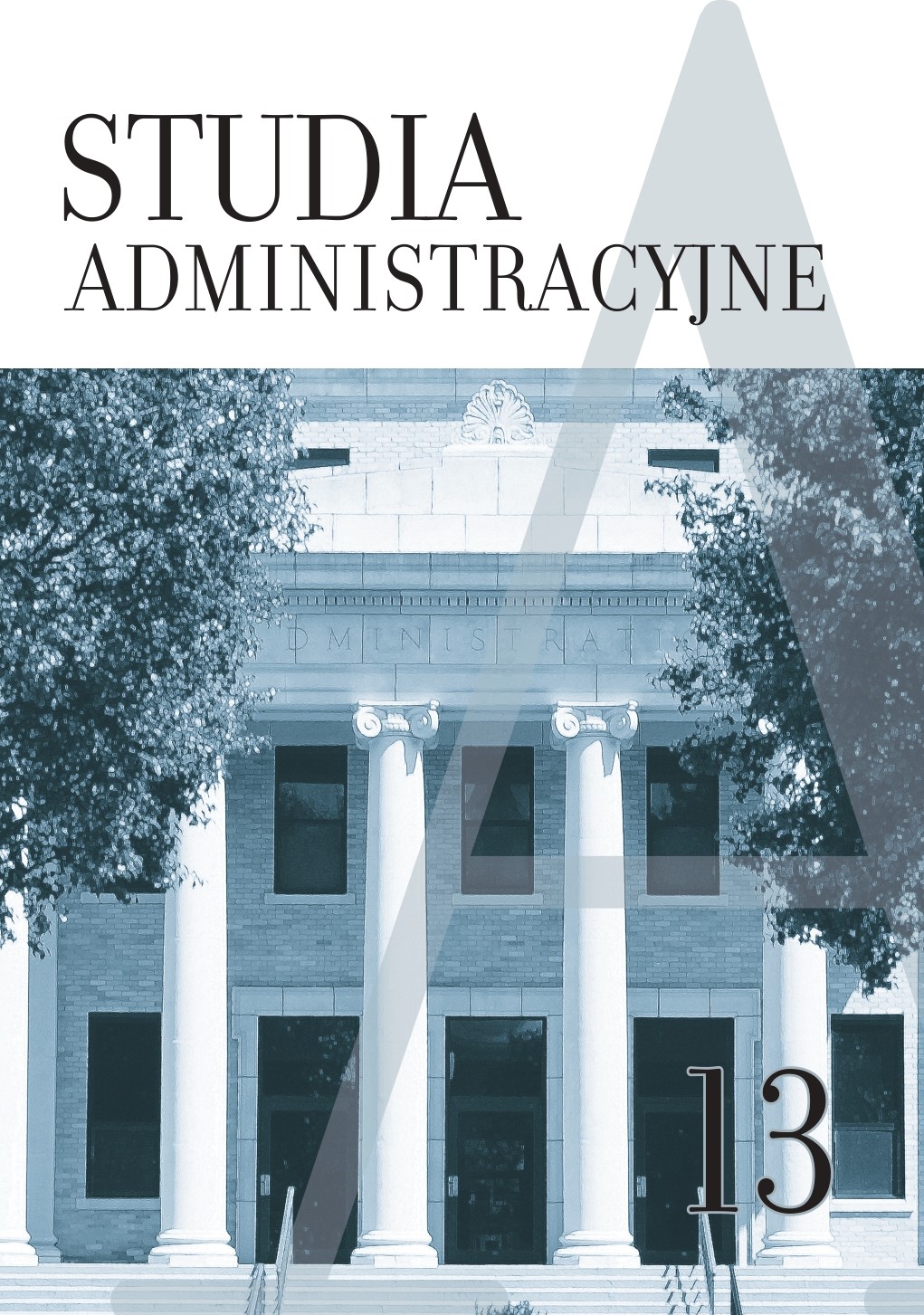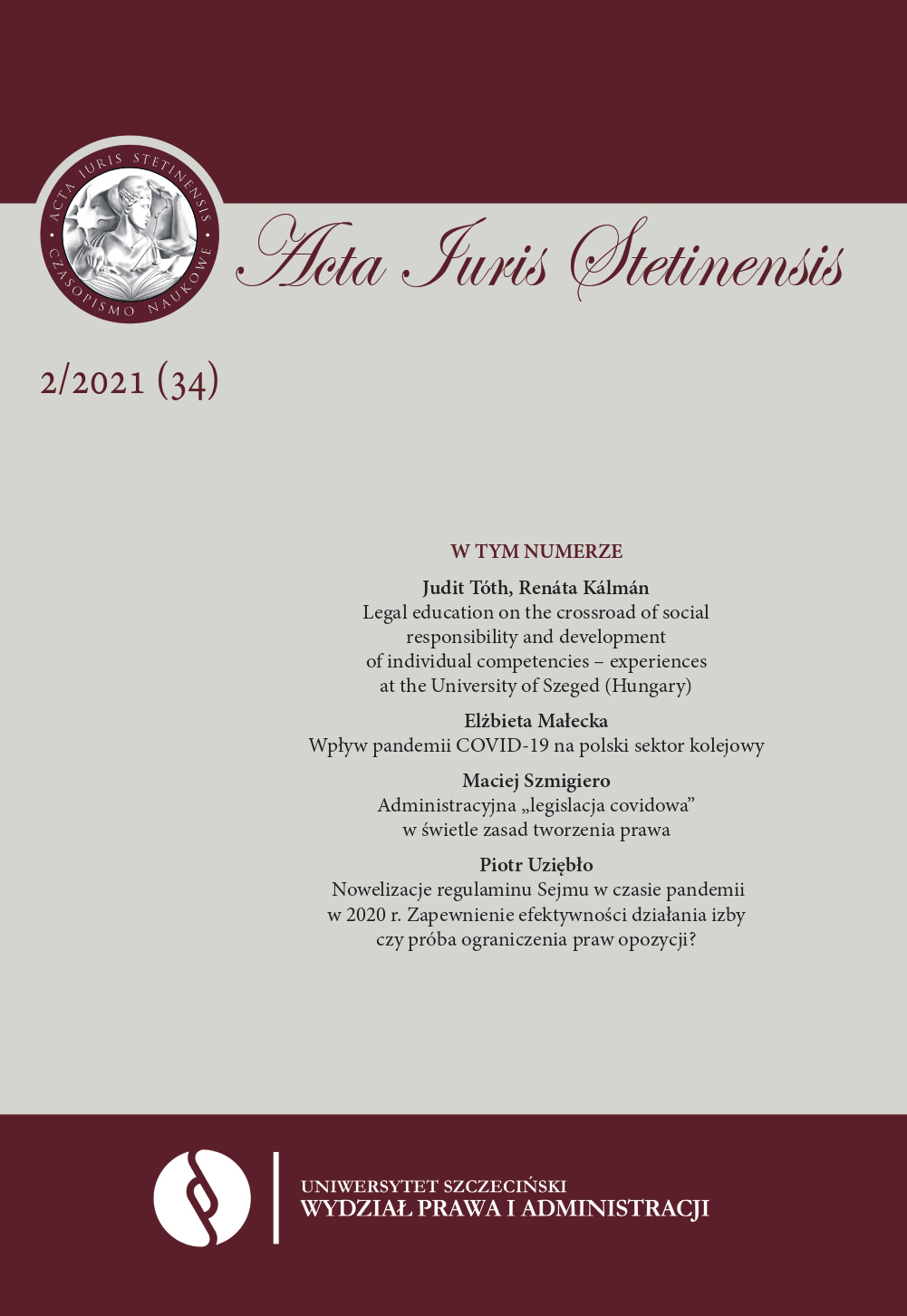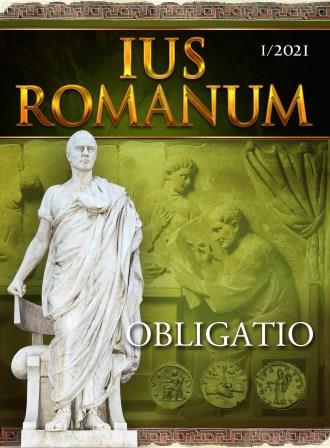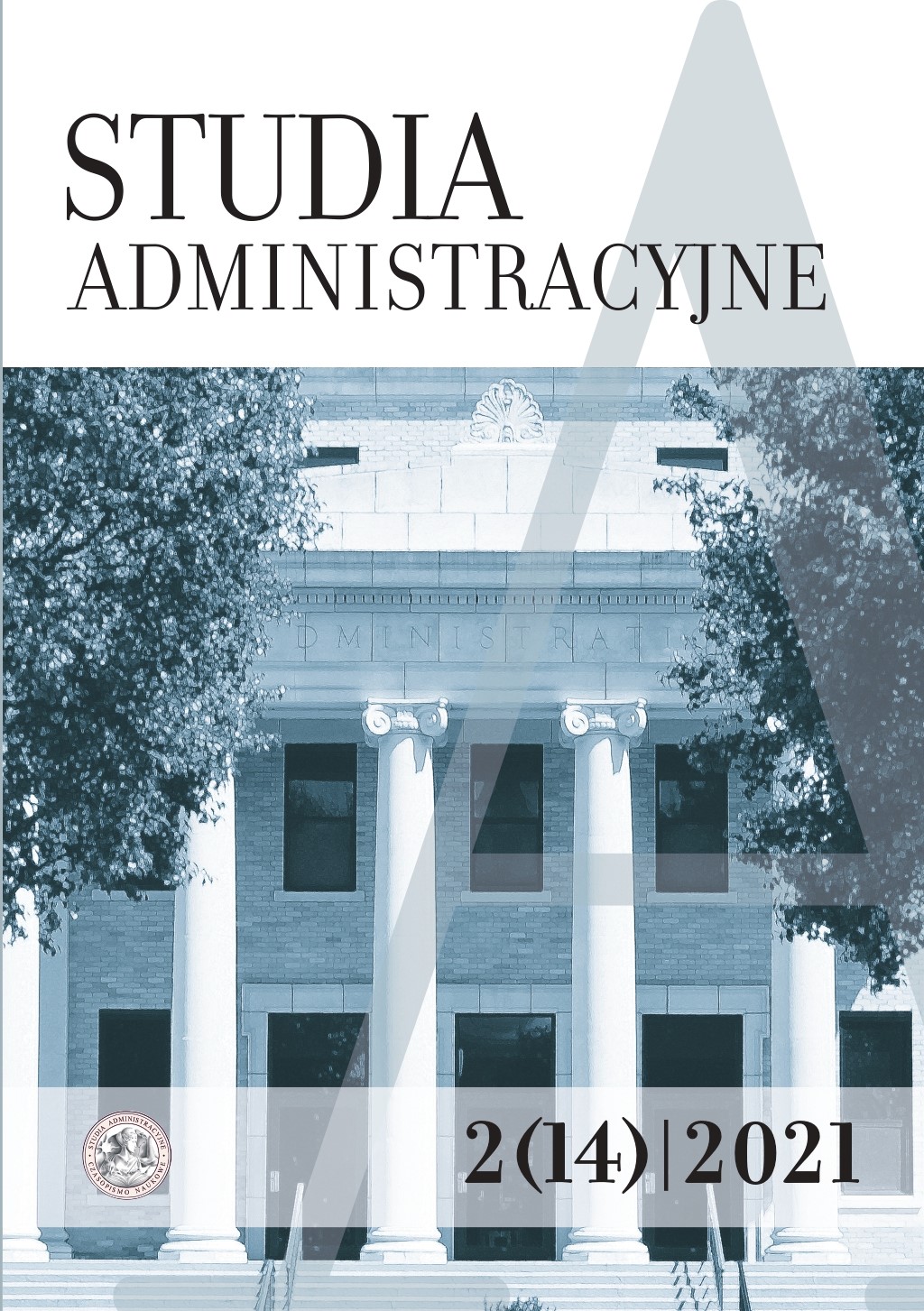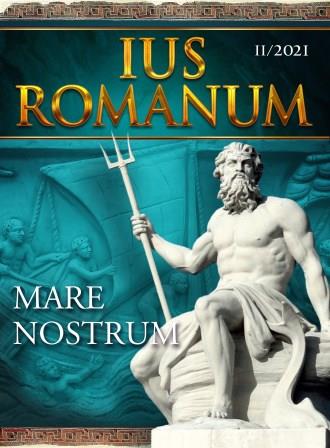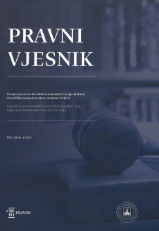
ANALIZA SOCIJALNOG PODUZETNIŠTVA U HRVATSKOJ S KOMPARATIVNIM OSVRTOM NA REGULATORNI OKVIR
The article presents the results of the comparative analysis of the regulatory frameworks of social entrepreneurship in selected EU countries. It seeks to provide insights into the issue that would be of value for Croatia. Additional contribution of the research is the SWOT analysis of social entrepreneurship in Croatia based on the information obtained in the semi-structured interviews with key entrepreneurs and experts in the field. The purpose of the article is two- fold: firstly, to reaffirm social entrepreneurship and its potential, and secondly, to enhance the understanding and contribute to the discussion on the attempts to improve social entrepreneurship in Croatia.
More...

